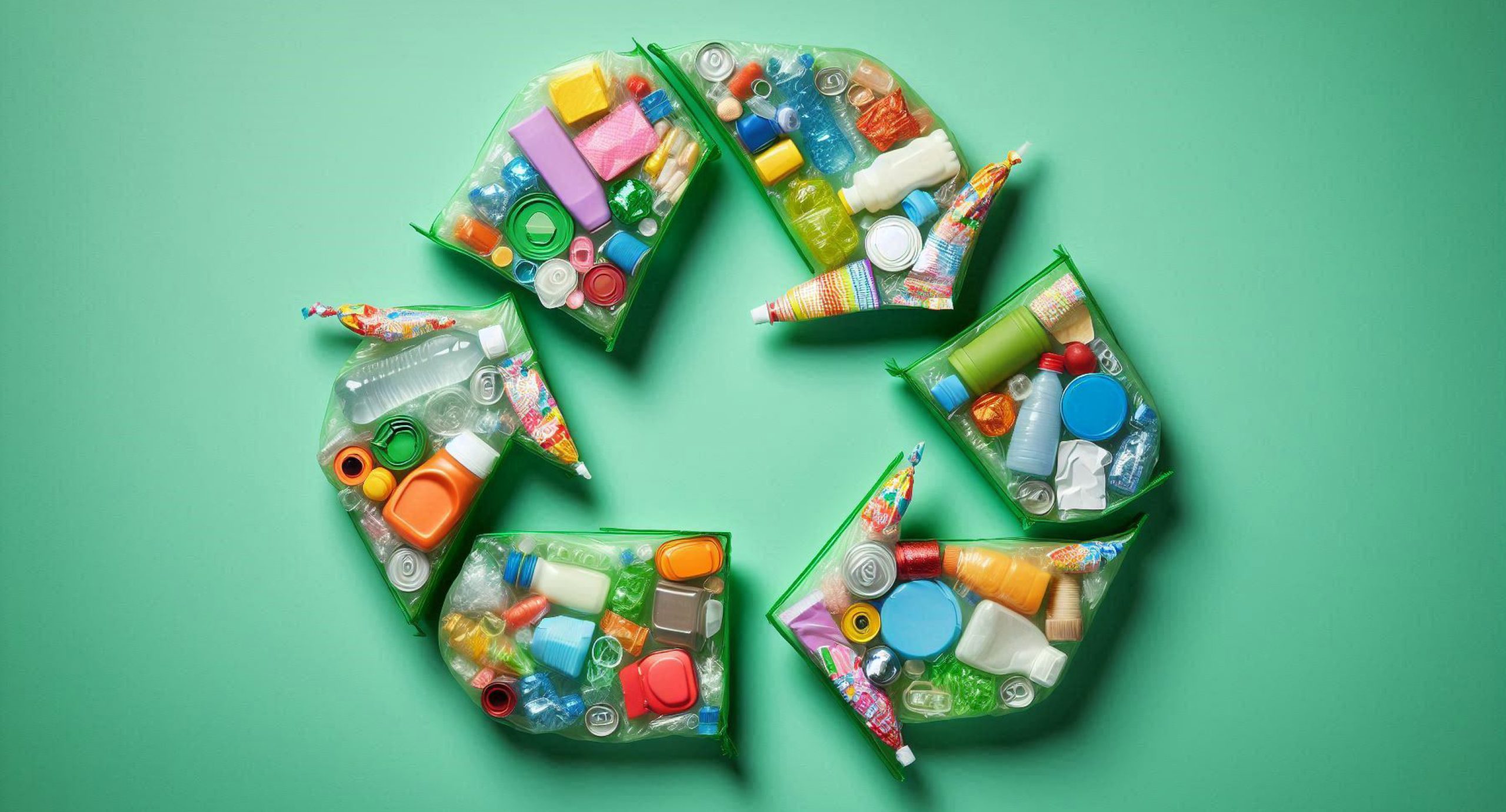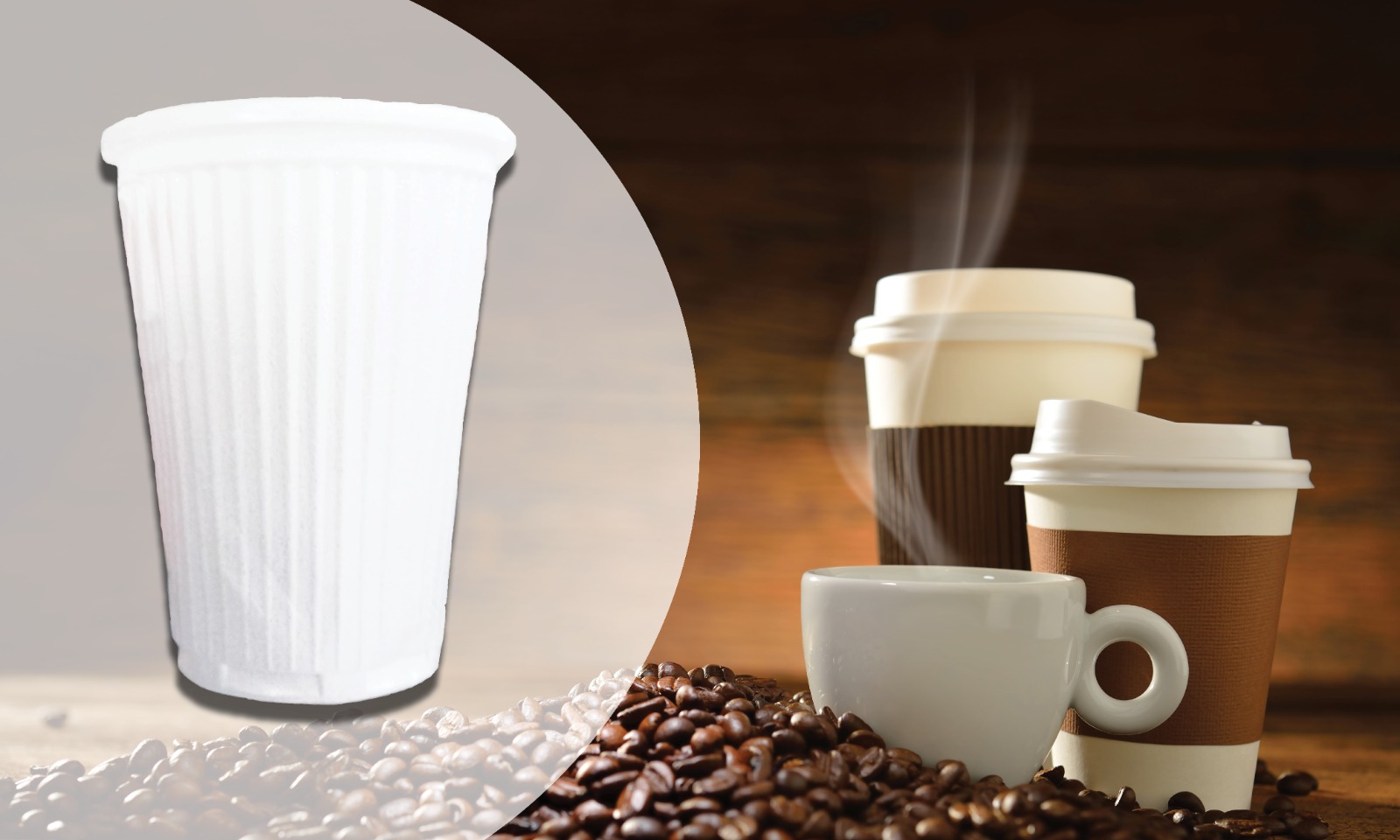In a pioneering effort to promote sustainability and circularity in the packaging industry, a collaborative project led by the United Nations Industrial Development Organization (UNIDO) has yielded an innovative solution called ShrinkIt. This cutting-edge development addresses a long-standing challenge in plastic packaging recycling– to design packaging that is easy to completely recycle.
Mediterranean Innovation Under EU-Funded Projects
ShrinkIt is a fully recyclable packaging system comprised of a newly developed polypropylene (PP) cup and an all-polyolefin shrink label. This mono-material design eliminates the need for costly and inefficient label separation, streamlining the recycling process and ensuring that the entire package can be easily sorted and recycled.
The ShrinkIt solution was developed as a pilot project under the EU-funded SwitchMed Program, spearheaded by UNIDO. This program aims to facilitate the transition towards a circular economy in the Mediterranean region by promoting sustainable production practices, resource efficiency, and eco-innovation.
The pilot project involved collaboration between sleeve and cup manufacturers, food industry companies, and waste management organizations, ensuring that the solution was thoroughly tested and validated at every stage, from manufacturing and filling to sorting and recycling.
Challenges with Traditional Packaging vs. ShrinkIt Benefits
Traditional packaging solutions often involve the use of polystyrene (PS) or polyolefin cups with labels made from materials like polyvinyl chloride (PVC), polyethylene terephthalate glycol (PETG), or PET. However, these materials pose significant challenges for recycling. PS is rarely recycled worldwide, PVC can release harmful chemicals, and PETG cannot be effectively recycled along with PET, compromising the quality of recycled materials.
In contrast, the ShrinkIt solution replaces these problematic materials with a PP cup and a polyolefin shrink label, creating a mono-material packaging system that can be seamlessly integrated into the PP recycling stream. This innovative approach not only promotes sustainability but also offers economic benefits to various stakeholders in the value chain, such as reducing waste disposal costs and generating revenue from the sale of high-quality recycled materials.
Environmental and Economic Benefits
The life-cycle assessment conducted as part of the project revealed the remarkable environmental benefits of the ShrinkIt solution. Compared to traditional packaging with a PETG sleeve, the redesigned package demonstrated a 49% lower carbon footprint, a 60% lower fossil resource use, and an 84% lower minerals and metals resource use.
Moreover, the economic analysis indicated that while the cost of the polyolefin sleeve is slightly higher than conventional sleeves, the overall cost increase for the entire packaging is manageable, with an estimated retail price impact of less than 0.3%.
As a result of the successful pilot project, major food and beverage brands, such as Osem-Nestlé and Strauss Group, have expressed their commitment to “Designing for Recyclability” to mitigate the environmental impact of plastic packaging. Building on the success of the ShrinkIt solution, these brands are now exploring opportunities to replicate and scale up this innovative approach across their product portfolios.
The ShrinkIt project represents a significant step toward a more sustainable and circular economy for plastic packaging. Demonstrating the feasibility of a fully recyclable mono-material solution paves the way for broader adoption of such practices across the plastic industry, contributing to a more environmentally responsible and resource-efficient future.




